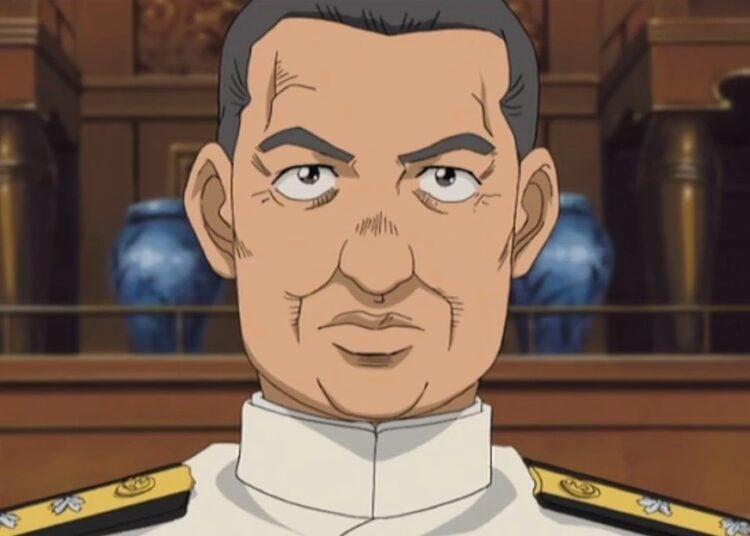First of all, a minor computer problem here in Japan caused some delays in processing orders on Friday. We’re very sorry for the problem — all is working again now!
Sometimes it can be a challenge raising bilingual kids in a foreign country. While I’m more than capable of looking over my son’s English assignments and diary entries and help my daughter with finding information on the Internet, I’m not exactly equipped to help them with their kanji, especially as they get older. My son is currently struggling with Classical Japanese History right now, and I’m not able to help him — I don’t have much of a sense for the nuances between the Kamakura and Ashikaga Bakufu periods of the post-Yoritomo era. Japan is a very test-oriented society, and one of the skills students pick up is getting very good at how to study for tests, something I see in my son as he prepares for the next level of the Step Test, a standardized English test that’s popular here. My son is twelve and will be a teenager soon. I know this because he recently asked me what the words BRB, LOL, and ROTFL meant.
Yasukuni Shrine, the shrine in Tokyo that honors Japan’s war dead, is controversial because the bones of Japan’s former military leaders are also interred there, including the head honcho himself, wartime Prime Minister Hideki Tojo. For years no one thought anything about the shrine, until the 1980s when China and South Korea started objecting to Japan’s prime ministers making official visits there, partially (some might argue) to reap the political benefits gained from stirring up anti-Japanese sentiment at home. Yesterday former Taiwanese president Lee Teng-hui made a visit to the shrine. He stressed that the visit, which was to honor his older brother who died in the war, was as a private individual, but the image of a former leader of an Asian country going to Yasukuni was too much for Beijing to take without voicing strong protest.
I’m sure you’ve all had the experience of being called home on short notice to participate in a Shinto ceremony in your living room. This happened to me yesterday — we’re about to start some remodelling in our house, redoing our bathrooms and replacing our older, allergy-unfriendly tatami mats with Okinawa-style square mats, and as is the custom here, we called our neighborhood Shinto priest out to bless the house before starting the construction. Since I am the “big black pillar” (daikoku-bashira) of the family, my wife wanted me to attend the ceremony. The priest had spread out an offering consisting of several icons of the Shinto religion, including fish, rice, clean water, oranges, a daikon radish and sake, and proceeded to bless the house and its inhabitants. Shinto is the original religion of Japan, which reveres the spirits (kami) in mountains, rivers and trees, and as a general rule, ceremonies related to life, such as baby naming or weddings, are derived from it, while Buddhism is reserved for death-related events. The Shinto priest who performed the home-blessing ceremony was the same one who did the ground-breaking ceremony when we started construction of the J-List office a decade ago. and he was fascinated with how far our little company had come, bringing Japanese products to people all around the world. (I told him we were lucky to have great customers.)
YUME MIRU KUSURI :: A Drug That Makes You Dream is the newest English-translated dating-sim game from Peach Princess, and an outstanding game it is, with rich and complex characters like the grown-up class president Mizuki, slightly spaced out transfer student Aeka, and the mysterious cat girl Nekoko. If you’ve been sitting on the fence about this beautiful game, we’re happy announce a great new playable demo that lets you interact with the world and its characters before deciding if this title is for you. The demo is “all ages” and can be freely distributed. If you’ve always wondered what all the fuss about Japan’s dating-sim games was, this is a great opportunity for you!















